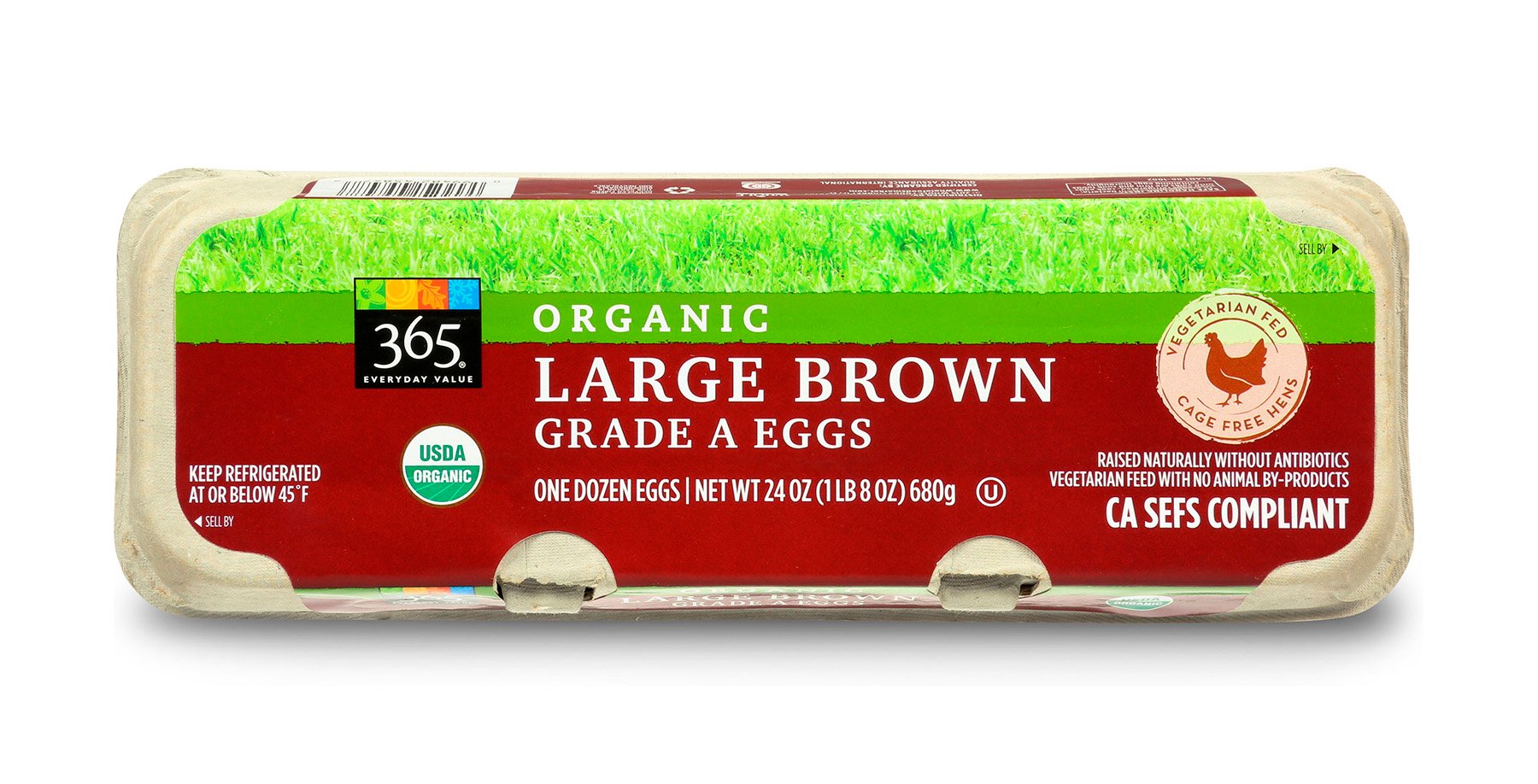Blue Apron (APRN +0.00%) pulled the curtain back from the closely watched meal kit industry last week.
The leading meal kit delivery company released its S-1 Prospectus as it prepares for its upcoming IPO, revealing the potential of this emerging industry. We learned Blue Apron is headed for more than $1 billion in sales this year, and its revenue grew by 133% last year. The company is not yet profitable, as it is spending aggressively on expansion and marketing, but it should move toward profitability as it expands its customer base.
Not surprisingly, the emerging meal kit industry has attracted competition far and wide, both from start-ups and entrenched businesses ranging from Amazon.com and The New York Times to supermarkets like Kroger and Publix, and packaged food companies like Campbell Soup and Hershey.
But perhaps no company was better positioned to lead the meal kit revolution than Whole Foods Market (WFM +0.00%). Whole Foods had pioneered the organic grocery business, which made it a standout success for a number of years, but recently the company has struggled as competitors have begun offering more organic and natural foods.

Image source: Whole Foods.
In other words, Whole Foods already has a forward-thinking reputation among consumers, and a history of innovation in the industry. Its customer base also bears a number of similarities with meal kit customers, as both have above-average incomes, an interest in cooking, and care about the quality of the food they eat. Whole Foods has set the standard in areas like seafood sustainability and how it sources meat, poultry, fish, and produce, and Blue Apron has followed in its path as it touts that its standards for beef, pork, and poultry are higher than at least 92% of what's sold in the U.S. It also emphasizes its animal welfare standards and environmental sustainability.
What Whole Foods has done
Almost a year ago, former Whole Foods co-CEO Walter Robb told analysts that the company had "huge interest" in the meal kit space.
Since then, however, Whole Foods' efforts in the area have been underwhelming. It partnered with Purple Carrot, a vegan meal kit service, to test sales in a single Massachusetts store starting last October, but there is no evidence that the trial has expanded beyond that store.
Last month, Whole Foods started selling Salted meal kits in some of its LA-area stores, and a Whole Foods rep said that it is testing "various meal kit concepts in our stores," however the company has yet to move ahead aggressively with any particular one.
A better approach would have been for Whole Foods to sell its own branded meal kits, as the company has one of the most respected brands in the food service industry, and an army of chefs -- meaning it already has the specialists and much of the other talent that Blue Apron claims as a key strength. The company also has a national footprint and a strategic partnership with Instacart, making delivery that much easier. In other words, Whole Foods was better prepared to launch a meal kit service than pretty much any other company in the country.
Instead of diving into the industry, however, Whole Foods has stood still and fallen behind as the competition has innovated. Comparable sales have dropped for the last seven quarters in a row. While competition from Kroger and others is often blamed for its problems, meal kit services are also likely taking share from Whole Foods.
With over $1 billion in projected revenue this year, Blue Apron is generating the equivalent in sales of about 30 Whole Foods stores, all without a single storefront, and other meal kit providers like Plated and Hello Fresh are growing quickly as well.
It's not too late for Whole Foods to get into the meal kit game, but for now the company has too many other pressing concerns. It needs to keep customers from fleeing to peers like Kroger by becoming more price competitive; continue expanding its new 365 chain; and fend off an activist threat from Jana Partners, which is potentially pushing for a sale of the business.
With an expected valuation of $3 billion, Blue Apron is already worth more than a quarter of Whole Foods. Rather than reaping the rewards of this new industry, Whole Foods investors may be left wondering what could have been.






